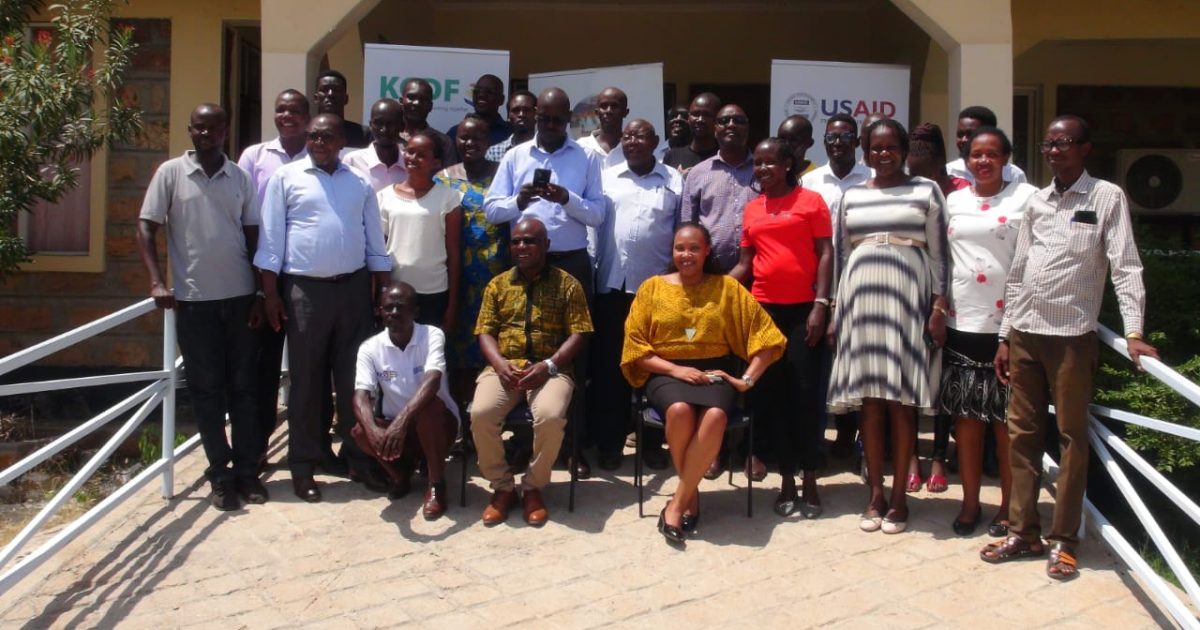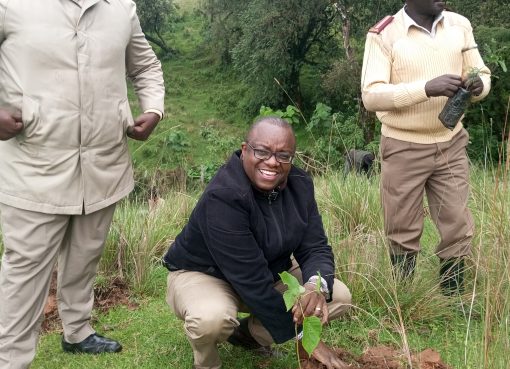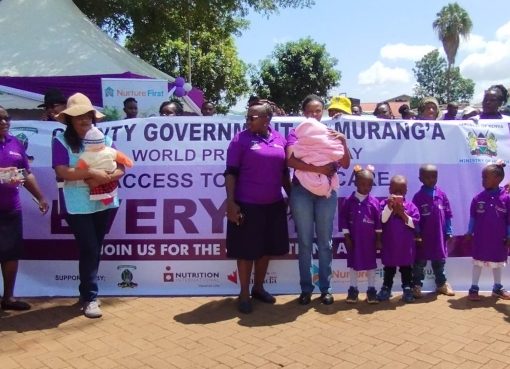A total of 11 counties are set to benefit from a USAID-funded program designed to empower grass-roots organisations to actively participate in development planning and budget-making processes.
The programme, valued at Sh3.5 billion for all the eleven counties, will be executed through a three-pronged approach with specific projects focused on empowerment of grassroots organizations, strengthening of health-related regulatory framework, and unity against fraud, waste, and abuse.
Turkana County is among the counties that will benefit from the programme. Other beneficiaries are Kisumu, Kisii, Homa Bay, Kiambu, Samburu, Makueni, Mombasa, Nakuru, Kakamega, Kilifi, and Isiolo.
Speaking at a meeting for the inception of the program in Turkana, Deputy Governor Dr John Erus stressed the significance of community participation, saying that it helps to align development goals with the needs of the local residents.
The DG welcomed the programme and noted that it perfectly resonated with the provisions for public participation envisioned in the Constitution of Kenya 2010.
“With such a programme, the participation of grassroots level populations is not only guaranteed, but its value is significantly improved,” DG Erus stated.
In Turkana, the programme will work with local development organizations (LDOs) to identify priorities and shape development aspirations.
Similarly, the programme will capacity-build the LDOs to effectively monitor the performance of the county government and raise questions when the trajectory deviates from the set standards.
Wangiros James (CECM, Public Service, Administration, and Disaster Management), Nicholas Mayo (Director, Budget), Deputy Directors Mike Aupe (Resource Mobilization), Jackson Egusii Arigan (Water Services), and Fridah Ewoton (USAID STAWI) were present.
The programme which was initially launched in Naivasha in April 2024 comes at a time when the County Administration has adopted Ward based development approach where the Ward benefits from budgetary allocation to chart its development priority.
It is expected that the approach will strengthen the quality of participation and stimulate growth of crucial sectors.
By Peter Gitonga





